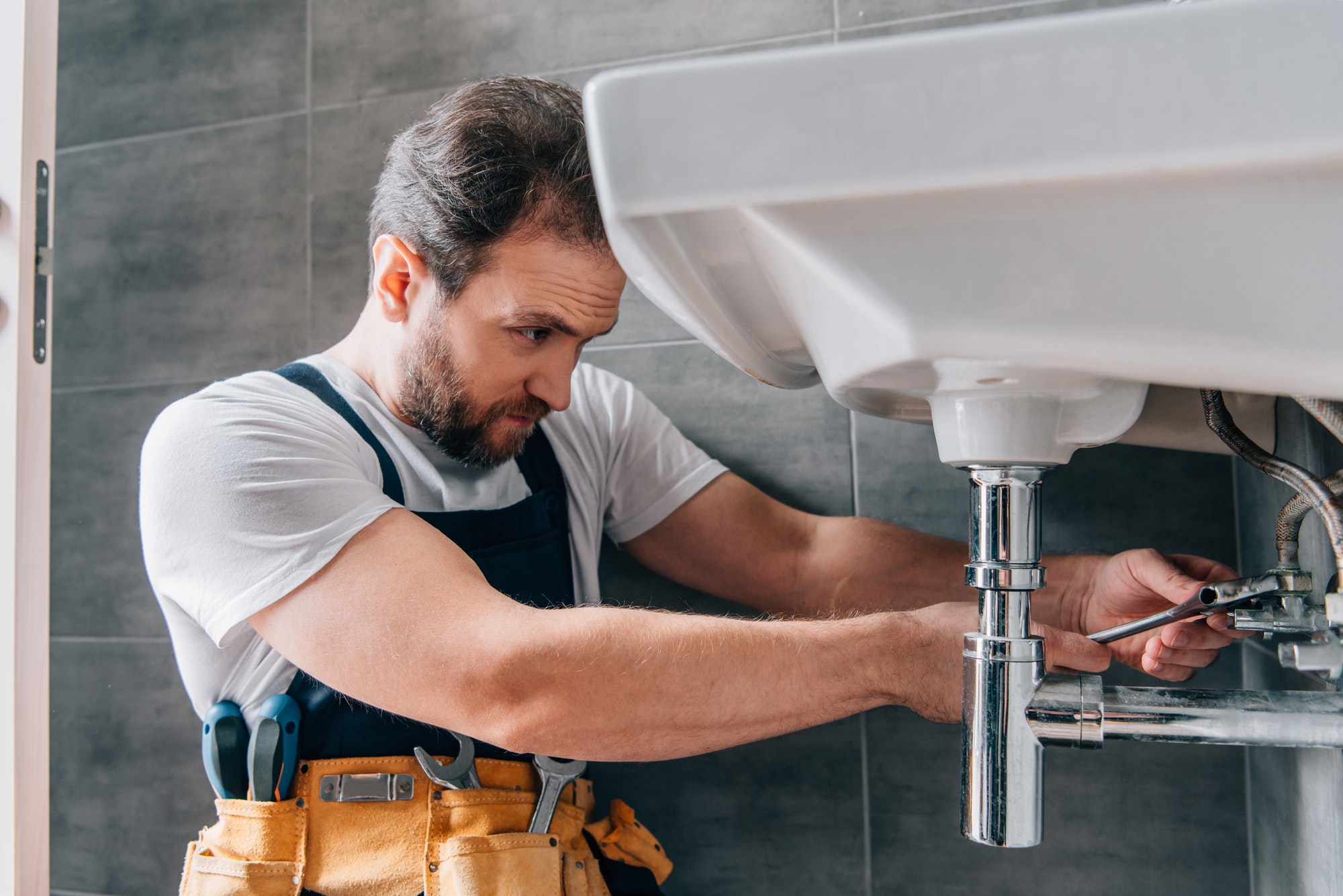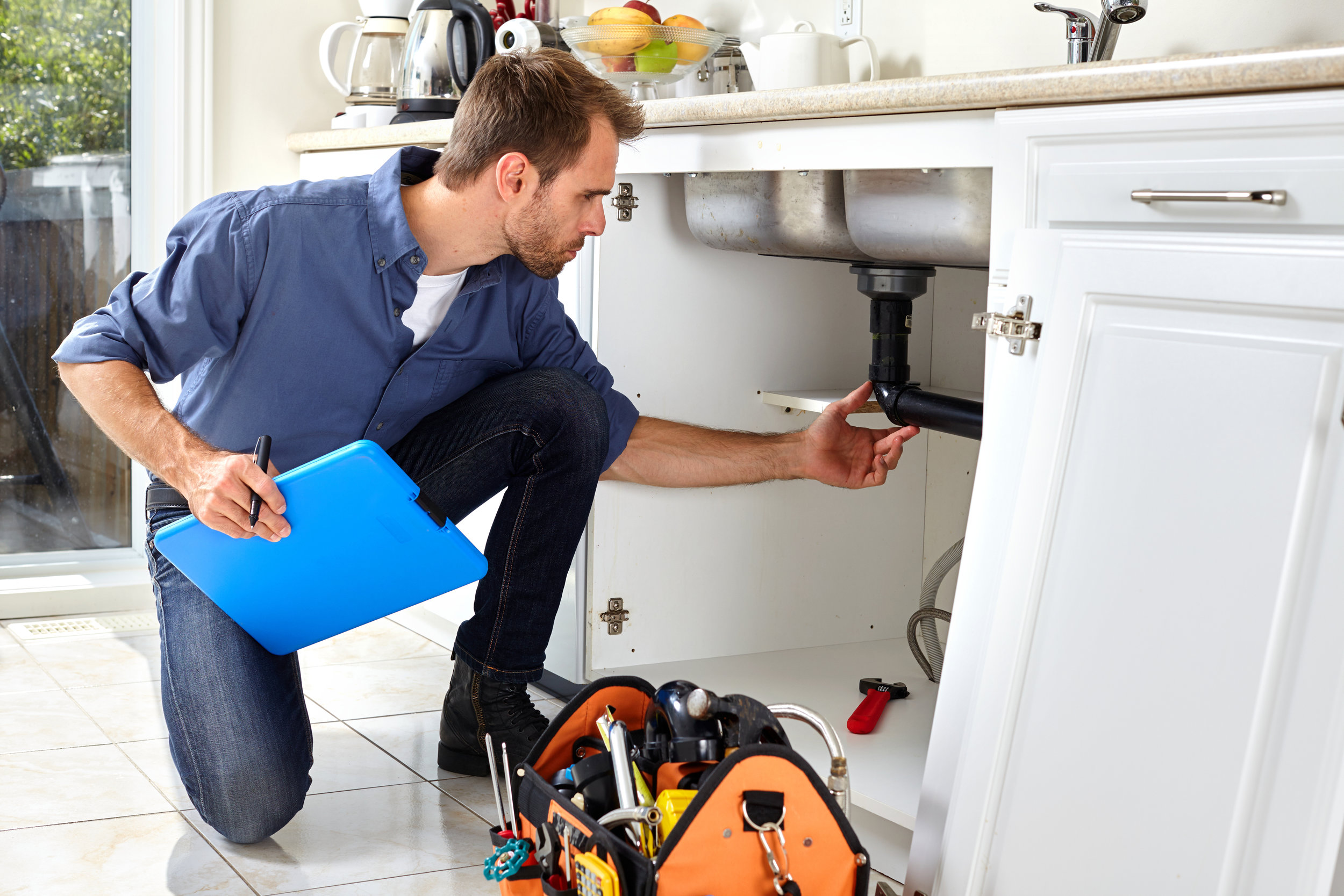A smoothly functioning plumbing system is the unsung hero of every home, quietly ensuring that water flows where it should and drains away without a fuss. However, like any other system, plumbing can encounter issues over time, from minor leaks to major pipe bursts. As a homeowner, having a basic understanding of plumbing repair can save you time, money, and potential headaches down the line. In this guide, we’ll explore essential tips for mastering plumbing repair, empowering you to tackle common issues with confidence and ease.
Understanding Your Plumbing System
Before diving into plumbing repair, it’s helpful to have a basic understanding of your home’s plumbing system. Typically, the system consists of two subsystems: the water supply system and the drainage (or wastewater) system.
- Water Supply System: This subsystem delivers clean, potable water to your faucets, showers, toilets, and appliances. It originates from a main water line connected to either a municipal water supply or a private well.
- Drainage System: Once water has been used, it flows through drain pipes to a wastewater treatment facility or septic system. Proper drainage prevents backups and ensures the sanitary disposal of wastewater.
Common Plumbing Issues and Repairs
- Leaky Faucets: Dripping faucets are not just annoying; they can waste significant amounts of water over time. In many cases, a leaky faucet can be fixed by replacing a worn-out washer or O-ring within the faucet assembly.
- Clogged Drains: Whether it’s a slow-draining sink or a completely blocked shower drain, clogs are a common plumbing issue. Simple clogs can often be cleared using a plunger or a plumbing snake, while stubborn blockages may require the use of chemical drain cleaners or professional assistance.
- Running Toilets: A toilet that continues to run after flushing can waste hundreds of gallons of water each day. Often, this issue is caused by a faulty flapper valve or a misadjusted float mechanism inside the toilet tank. Replacing or readjusting these components can usually solve the problem.
- Water Heater Problems: From inadequate hot water to strange noises emanating from the tank, water heater issues can disrupt daily routines. Common repairs include flushing the tank to remove sediment buildup, replacing heating elements or thermostats, or addressing leaks in the tank or connections.
- Burst Pipes: Burst pipes can cause extensive water damage to your home if not addressed promptly. If you discover a burst pipe, immediately shut off the water supply to prevent further flooding, and then call a licensed plumber for emergency repair.
Tools of the Trade
Equipping yourself with the right tools can make plumbing repairs much more manageable. Some essential tools for DIY plumbing repair include:
- Plunger: Used to clear clogged drains and toilets by creating suction.
- Plumbing Snake (or Auger): Helps dislodge stubborn clogs that a plunger can’t reach.
- Adjustable Wrench: Ideal for tightening or loosening nuts and bolts on plumbing fixtures.
- Pipe Wrench: Specifically designed for gripping and turning pipes and fittings.
- Teflon Tape: Used to seal threaded pipe connections and prevent leaks.
- Plumber’s Putty: A flexible sealant used to create watertight seals around fixtures like sinks and drains.
When to Call a Professional
While many plumbing repairs can be tackled by homeowners with basic DIY skills, some issues are best left to the professionals. Consider calling a licensed plumber for the following situations:
- Major Pipe Leaks or Bursts: These emergencies require immediate attention to prevent water damage and mold growth.
- Sewer Line Problems: Issues with the main sewer line, such as backups or tree root intrusion, often necessitate specialized equipment and expertise.
- Gas Line Issues: If you suspect a gas leak or encounter problems with your gas line, evacuate the premises immediately and call a professional plumber or your gas utility provider.
Conclusion
Mastering plumbing repair is a valuable skill for any homeowner, allowing you to address common issues and maintain the integrity of your home’s plumbing system. By understanding the basics of plumbing systems, familiarizing yourself with common problems and repairs, and knowing when to seek professional help, you can keep your plumbing in top condition and enjoy peace of mind knowing that your home’s essential systems are in good hands.



